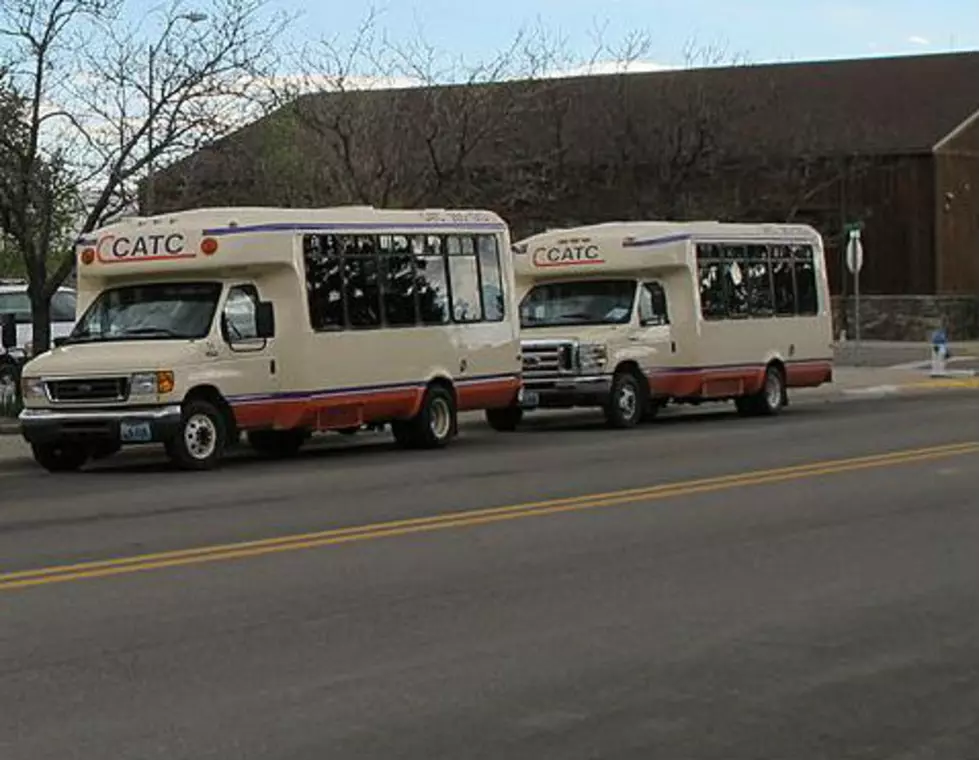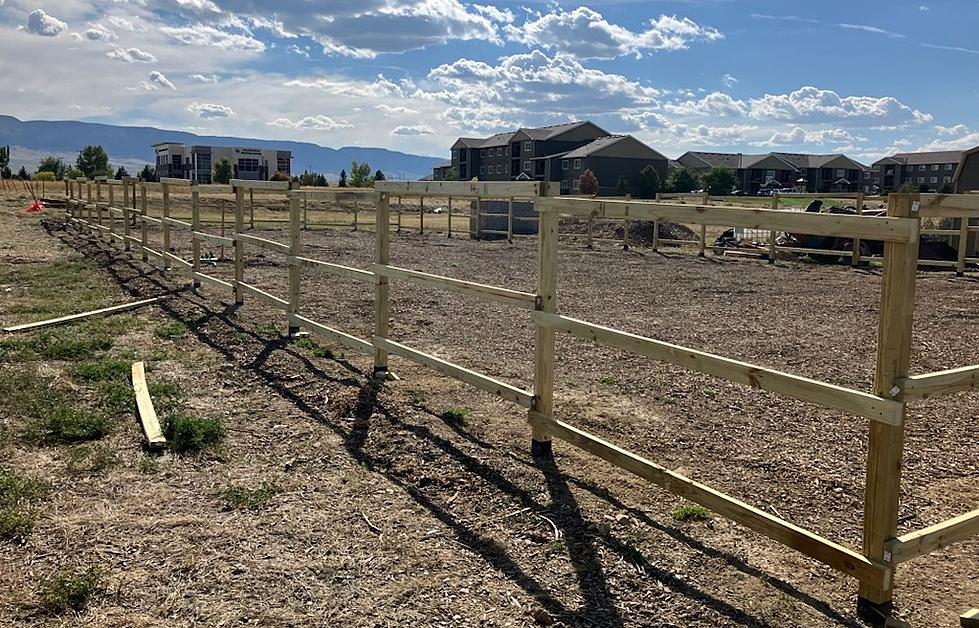
Head Of Wyoming Independent Living Warns Of City’s Proposed Budget Cut To CATC
The head of a nonprofit agency that serves disabled people in eastern Wyoming to help them live on their own said a proposed cut to Casper's budget and its nonprofit public transit system could hurt a lot of people.
"There's a lot of legitimate fear I think that's happening," said Amy Burns, the executive director of Wyoming Independent Living.
"So if The Bus gets tweaked or scaled back, then that directly translates into individuals having to scale back some part of their life," Burns said.
Casper City Council is scheduled to vote on a proposed 20 percent cut to the nonprofit public transit system, the Casper Area Transportation Coalition, at its meeting at City Hall, 200 N. David St., at 6 p.m. today.
Burns only recently learned of the proposed cut, which would result in a loss of matching federal dollars so the impact would be twice as severe, she said.
Wyoming Independent Living offers, among other things, financial assistance for people who cannot drive, Burns said. In Casper it assists 135 people with another 60 on a waiting list because there isn't enough grant funding for them. Those numbers probably represent a small percentage of disabled people who use local public transportation, she added.
Some of that financial assistance goes to the Casper Area Transportation Coalition, which oversees two services:
- The general transit system known as "The Bus" with six fixed routes serving Casper, Mills and Evansville.
- "CATC" offers door-to-door service for the elderly, disabled, blind, deaf and Medicare patients who travel from their residences for necessary errands to doctors and stores, as well as quality of life purposes such as going to a park or church.
Of the 135 people who receive transportation financial assistance, 45 percent are physically disabled, Burns said. Another 16 percent have a visual disability, and the rest have cognitive, emotional, hearing and other disabilities.
The proposed cut in local funding, matched by federal funding, have personal and communitywide consequences, too, she said.
Health care is a major consequence, as is work, ,Burns said.
"We hear a lot of concern about availability and flexibility to get to the doctor," she said.
"In a lot of situations if they don't have access to basic health care, they find themselves in an emergency situation where they're calling an ambulance," Burns said. "And so it's one of these where saving some money on one side doesn't always translate into larger savings overall, because typically if we cut back services in one place, that means services are going to be provided in a different manner."
If people cannot get to work, or have trouble finding transportation to work, they could lose their jobs, need access from either the private or public sector, and cut back their spending at businesses, she added. "It's where a potential cut could have a bigger impact not only on the individuals, but on the community itself."
More From My Country 95.5









